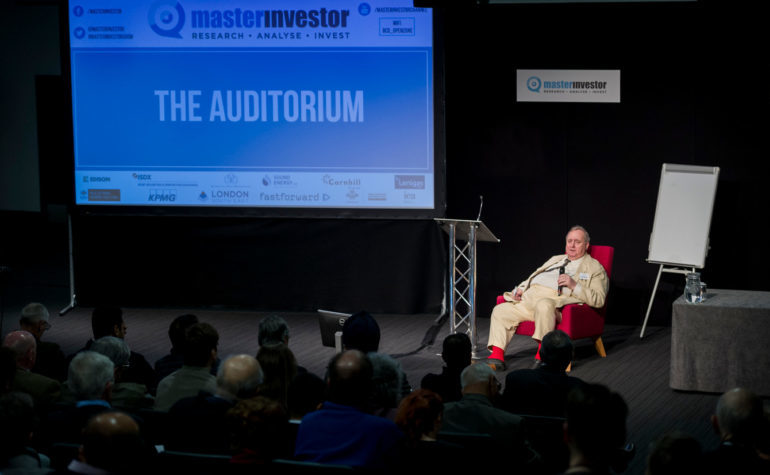Evil Diaries: Different Trades

I started my accountancy practice in 1975, recruiting customers from the small ads of the Hampstead and Highgate Express. Inevitably such advertisers were small businesses and, where successful (they often were not), deeply versed in the getting of a profit or avoiding a loss. I was not earning much but I was deeply interested and this attitude shows. This led to my recruiting more customers and, bit by bit, more profitable custom. I learnt a lot about myself and of course other people.
Could I have learnt more by taking a different route? Possibly. But that avenue was not open to me since I did not know of its existence.
I was fascinated by the Stock Exchange and, as readers know, I still am. However, it took me many years before the conduct of directors of quoted companies could be adequately described by myself to my satisfaction. That requirement is essential to forecasting.
My first dabbling in racehorse ownership occurred in the late eighties and of course led me to wonder about the business of training racehorses. It is a really harsh business unless the aspiring trainer can see it from the point of view of his customer. And not all aspiring trainers do.
One trainer, whom I knew well and patronised, had inherited his father’s yard during the mid seventies. Owners were then different to what they prove to be nowadays in that many of them had inherited their wealth, particularly land-based wealth. These people had views but tended to keep them to themselves. Therefore if his trainer struck the owner as high-handed there was relatively little tendency to move racehorses to different yards. Of course these moves often occurred but not typically pursuant to owners claiming to be knowledgeable about training. Further, nowadays, businesses take many different forms and those who have built them up have views and are very interested in testing them by enquiry. It is at this point that the old-style trainer is at a disadvantage since he must accept that times have changed and entertain a challenge to his authority. My trainer not merely resented such a challenge he behaved as if the owner had to be insane to have come up with one. He bridled. And so his customers just drifted away even though in my opinion this trainer did know what he was doing.
One trainer who has emerged in recent decades as outstandingly successful is William Haggas of Newmarket – at a guess there are perhaps a further ten or so in the UK. The business goes like this: the cost of training a horse is roughly the same wherever the business is conducted. Of course, there are marked differences but none that meant the trainer in question was necessarily doing the wrong thing. No, what really matters is volume. If a horse earns training fees of £2,000 per month, a mere, say, ten horses, do not add up to a business since the fixed costs comprising premises and veterinary support and a myriad of other heads of expenditure remain the same in a sense. I doubt whether less than forty horses could be called a sensible business.
Take Richard Hannon who has circa 250 horses split over three separate yards (in Wiltshire) and, needless to add, a head man for each yard. But the key to his success is not his micro-management but strict lines of delegation of authority. William Haggas takes the same view and it is at this point that an economic miracle occurs in that because he recruits wealthy owners who are drawn to place horses with him (success breeds success) he can charge £2,500 per month per horse. That extra £500 per month per horse is substantially profit.
In very broad terms that is £125,000 per month or £1,500,000 p.a.. There are many other sidelines, such as 10% of prize money won, perhaps 5% of sales to owners outside his yard etc. etc.. It is really quite a business.
However, I do not recommend training racehorses as a career unless the aspiring trainer has terrific drive and self-discipline. It is very hard work requiring ceaseless care. Also one should not forget that William Haggas has a special weapon. She is his wife Maureen, the daughter of Lester Piggott. And an upbringing like that is not easily arranged.
Comments (0)